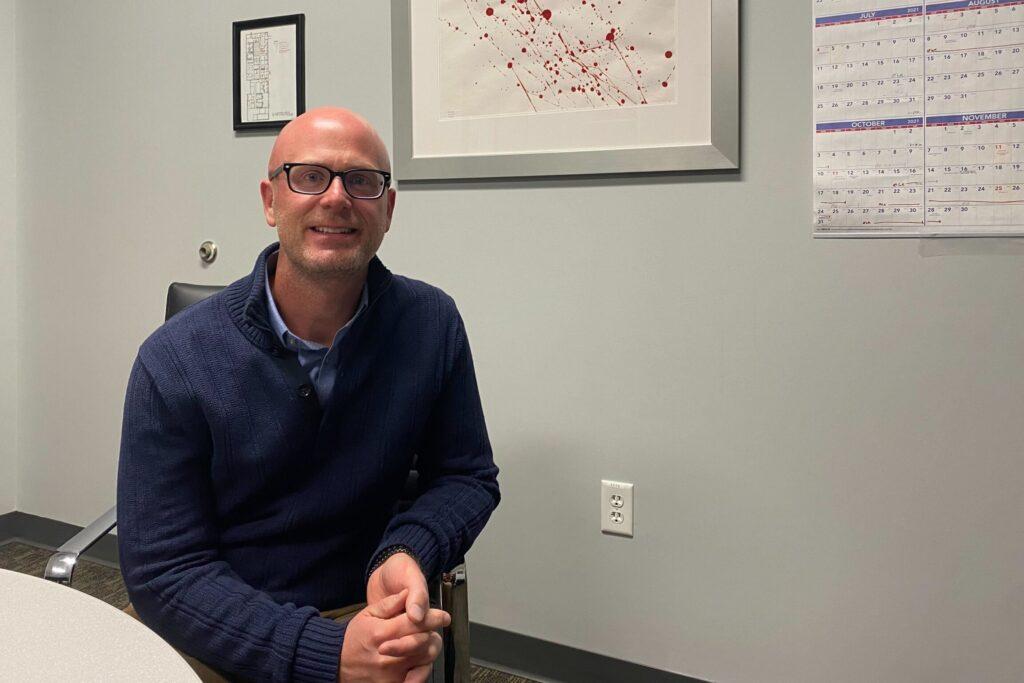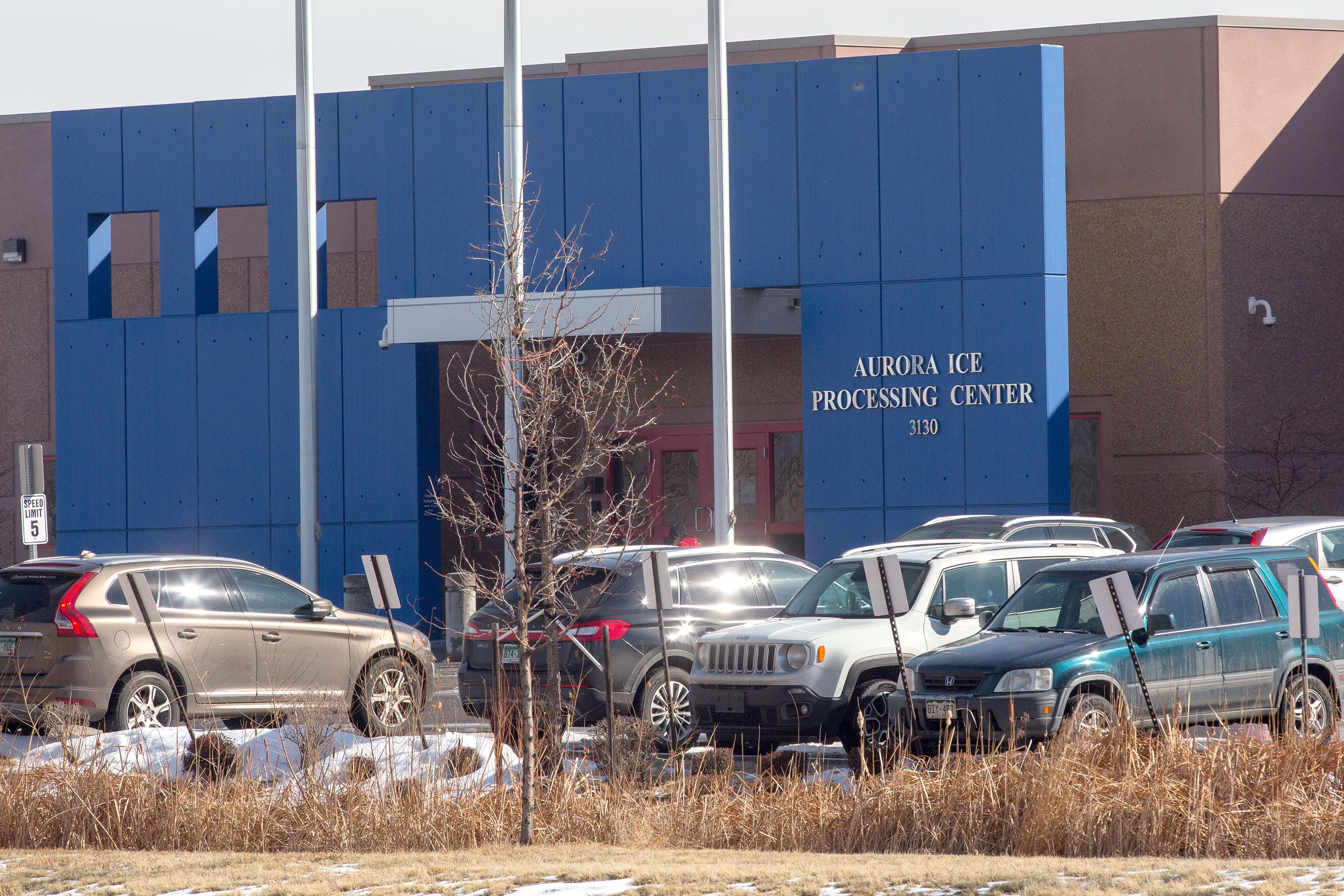
El Paso County could see millions of dollars in funding to fight the opioid epidemic over the next two decades. The money is from settlements with opioid manufacturers and distributors for their role in the opioid epidemic across the nation.
Data from the state shows Colorado expects over $300 million if at least 95 percent of local governments with a population of 10,000 or more sign on to a memorandum of understanding with the state.
El Paso County Commissioners unanimously opted for the measure in October.
The county has seen an increase in heroin and fentanyl-related deaths in recent years, according to recent coroner's reports, as is the case throughout the state. The number of deaths related to heroin, cocaine and methamphetamine are all increasing as well.
KRCC's Abigail Beckman spoke with El Paso County Coroner Dr. Leon Kelly about the need for the funds and the escalating crisis.
Highlights from the Interview
On how COVID-19 has impacted the awareness of the increasing number of opioid-related deaths in El Paso County:
There's nothing bigger in our lifetimes than the pandemic. That's just the reality. These problems with the opioid crisis predated COVID by a decade and this has evolved from what was initially a prescription drug addiction issue ... And what happened when we began to get these prescription medications off the street, people turned to illicit drugs and this prescription opioid addiction evolved into a heroin opioid addiction.

On fentanyl:
Unfortunately, what's happened is we've had fentanyl then come to our shores ... and that's been happening now for several years. In 2016, in El Paso County, we had four fentanyl deaths total. In 2021, we're likely to [approach if not surpass] 100 fentanyl deaths.
On the opportunity this amount of money could provide for services and prevention:
We have two things. One, we have people who are addicted, who have to get off these medications, and two to prevent further people from becoming addicted ... and the first thing that I think most communities struggle with is enough places to put people in that acute crisis setting that they can immediately get them the help that they need. Secondly, no one becomes a fentanyl drug addict or a prescription opioid drug addict, or someone who uses heroin in a vacuum. It has to be focused on more than acute crisis, which is historically how we've dealt with mental health.
Responses have been edited for time and clarity.









